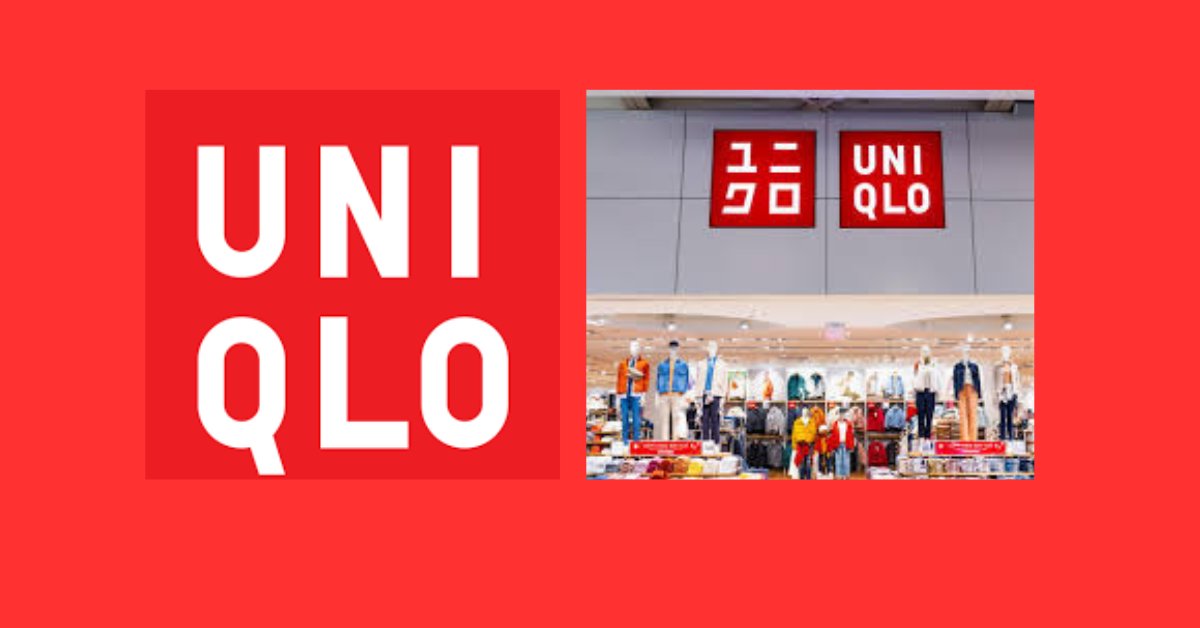In the bustling streets of Hiroshima in 1984, a new clothing store opened its doors with a vision to change the way people dressed. That store was Uniqlo, the brainchild of Tadashi Yanai, and it would go on to redefine casual wear not just in Japan, but across the world. Today, Uniqlo is a multi-billion dollar fashion brand, with over 2,500 stores globally, but the road to becoming Asia’s largest apparel chain is a story filled with innovation, bold risks, and an unwavering commitment to quality.
The Birth of Uniqlo: A Vision Beyond Suits
Tadashi Yanai wasn’t just another businessman following in his father’s footsteps. His father’s business, Ogori Shōji, focused on men’s tailoring, but Yanai had bigger dreams. Inspired by Western casual wear brands like Benetton and Gap during his travels to Europe and the US, he saw a gap in the Japanese market for affordable, high-quality casual clothing. Thus, Uniqlo was born—an abbreviation of “Unique Clothing”—and with it came a new wave of style. By 1998, Uniqlo had expanded to over 300 stores across Japan, gaining traction with its affordable prices and simplistic designs.
A Game-Changer: The Fleece Revolution
In 1998, Uniqlo made its mark with the introduction of a lightweight fleece jacket priced at just $15. This wasn’t just a hit—it was a sensation. At a time when Japan was recovering from an economic recession, this affordable, versatile product resonated deeply with cost-conscious consumers. Within no time, Uniqlo became a household name. By 2001, the brand was producing over 26 million fleece jackets a year—a monumental achievement that firmly established its position as a major player in the retail world.
The LifeWear Philosophy: Simple, Timeless, and Tech-Savvy
Uniqlo’s success lies in its philosophy of LifeWear—creating clothing that is simple, timeless, and functional. LifeWear focuses on high-quality, everyday basics that transcend seasonal trends. In a fashion world driven by fast-paced, ever-changing collections, Uniqlo took a different route. Its clean designs, affordable pricing, and focus on sustainability positioned it as a unique player in the market.
But Uniqlo didn’t just stop at timeless designs—it invested heavily in technology. Take Heattech, for instance. Developed in collaboration with Toray Industries, Heattech is a lightweight fabric designed to keep you warm, making it a winter essential. On the flip side, their AIRism line is perfect for summer, offering breathable, moisture-wicking fabrics that keep you cool. By combining technology with fashion, Uniqlo created clothing that works for every season and every customer.
Global Expansion: Learning From Failure
The early 2000s saw Uniqlo attempt to conquer international markets with ambitious expansions into the UK and the US. But these initial forays were met with failure. Uniqlo struggled to adapt to local tastes and faced stiff competition. Yet, Yanai didn’t give up. Instead, he saw failure as an opportunity to learn. By 2004, Uniqlo launched the Global Quality Declaration, pledging to stop producing low-cost, low-quality garments. This transformation marked a significant shift in the brand’s global strategy, and it began focusing on high-quality materials and ethical production methods.
Today, Uniqlo is a global powerhouse with over 2,500 stores in more than 25 countries. In 2024 alone, its parent company, Fast Retailing, reported revenues exceeding $21 billion, solidifying Uniqlo’s position as one of the largest apparel retailers in the world. In particular, the brand’s flagship stores in cities like Tokyo, New York, and Paris have become cultural landmarks, drawing in millions of customers annually.
Sustainability at the Core: A Greener Future
As consumer preferences shift toward eco-friendly fashion, Uniqlo has embraced sustainability. Its Re.Uniqlo initiative encourages customers to return old Uniqlo clothing, which is then either donated or recycled into new products. The brand also prioritizes transparency across its supply chain, ensuring that its products are made ethically and sustainably.
A Culture of Empowerment
Behind Uniqlo’s success is its unique corporate culture. The brand operates on the principle of “Zenin Keiei,” which means “everyone acts as a manager.” This philosophy fosters a sense of ownership and accountability among employees at all levels, encouraging innovation and efficiency. Yanai’s flat organizational structure allows employees to voice ideas, while financial transparency gives them a sense of belonging and responsibility. This approach has been key to driving Uniqlo’s consistent growth and customer satisfaction.
The Future of Uniqlo: Global Domination
As of 2024, Uniqlo’s global reach continues to expand, particularly in the US and Southeast Asian markets. The brand plans to open another 100 stores in the next year, with a focus on digital transformation and personalized shopping experiences. Uniqlo’s blend of simplicity, quality, and sustainability ensures that it will continue to lead in a competitive market. Yanai has set ambitious goals for the company, aiming to surpass Zara and H&M in the global fashion hierarchy within the next decade.
From its humble beginnings in Hiroshima to becoming a global fashion leader, Uniqlo’s journey is a testament to Tadashi Yanai’s visionary leadership and innovative strategies. The brand’s emphasis on quality, technology, and sustainability has allowed it to stand out in an industry dominated by fast fashion. As Uniqlo continues to evolve and expand, it remains committed to offering timeless, functional, and affordable clothing to customers around the world.



